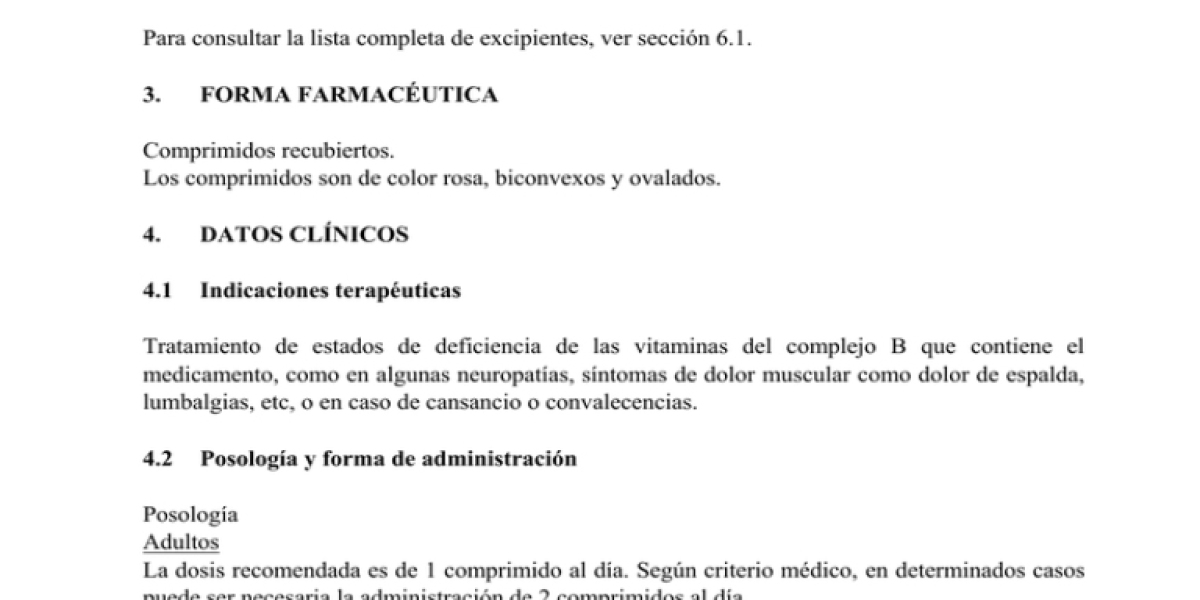Necesitas una seguridad constante de que eres el indicado
Sin embargo, estar receloso y dejar que eso arruine tu relación no está bien. "Es posible que hayas optado por alejarte de esas relaciones desagradables", enseña Juhi, "pero la angustia sensible o el trauma mental que viviste mientras duraron esas relaciones tienen la posibilidad de internalizarse hasta cierto punto. Si eres con la capacidad de lograr esos niveles saludables de amor propio, pensamientos como «mi marido me hace sentir insegura sobre mi cuerpo» o «mi mujer me hace sentir inadecuada» no harán mella en tu calma. Si todas tus energías se concentran en inquietarte por lo que hace tu pareja, si te dejará o si está realmente enamorada de ti, es indiscutible que la inseguridad se instaló profundamente en vuestra relación. En ocasiones, el éxito de tu pareja en cualquier campo, especialmente el profesional, asimismo puede ser la causa subyacente de inseguridades en la relación. Así que, ante todo, exploremos qué causa la inseguridad en una relación.
Mal de amor: qué es, signos y cómo afrontarlo
You can have a deep emotional connection with pals, relations, or even coworkers. In romantic relationships, emotional connection can enhance the extent of intimacy and satisfaction. Empathy is feeling and understanding somebody else’s feelings. Being there for someone emotionally is an efficient approach to build–and strengthen–emotional connection.
New! Building a Non-Anxious Life
Grant cites analysis displaying that one antidote to the discomfort of not with the power to repair the world’s issues is offering comfort and help to the individuals in your community who're affected by them. Remember, you do not want "a reason" to reach out to somebody to see how they're feeling. We have just lately found that this reflex prepares us to walk into the next second of our lives centered on the minds behind the actions that we see from others. Evolution has positioned a bet that the best thing for our brain to do in any spare moment is to get able to see the world socially. I think that makes a major assertion concerning the extent to which we are built to be social creatures.
The humorous thing is that serious about others’ ideas doesn’t really feel notably different from most kinds of analytical pondering we do. Yet, fMRI analysis reveals that there are two distinct networks that support social and non-social pondering and that as one network will increase its exercise the other tends to quiet down – kind of like a neural seesaw. Whenever we finish performing some type of non-social pondering, the network for social pondering comes again on like a reflex – nearly instantly. Because avoidance relieves discomfort or fear in the moment, it seems like an answer. However, extended evasion exacerbates anxiousness, makes it tougher to extinguish, and limits possibilities for life enjoyment. Resilience, a really useful trait, is gained by exposure to stimulus. In small doses, we be taught that we are in a position to manage and that the menace was unnecessarily inflamed.
However you outline it, these connections are necessary for bodily and psychological well-being. Being able to forge a connection with one other person permits you to set up interpersonal relationships and construct social support. This article discusses what it means to connect with folks and a variety of the explanation why you might discover it tough. It also explores a number of the steps you probably can take to begin out constructing social and emotional connections with others. Human connection is a deep bond that’s shaped between folks once they feel seen and valued.
 Such connections aren’t certain by the constraints of time or distance. These relationships have a resilience that may face up to the take a look at of prolonged separation and still bounce back with the same intensity. You feel comfy revealing your vulnerabilities because you trust that they’ll understand and accept you for who you would possibly be. It might seem daunting to put yourself on the market, but that's how connections are made. Next time you have the opportunity to deepen your relationship with someone, take a deep breath and allow yourself to be curious. It can even cut back stress and awkwardness for both of you. A smile initiates more positivity and makes people feel comfortable enough to open up more.
Such connections aren’t certain by the constraints of time or distance. These relationships have a resilience that may face up to the take a look at of prolonged separation and still bounce back with the same intensity. You feel comfy revealing your vulnerabilities because you trust that they’ll understand and accept you for who you would possibly be. It might seem daunting to put yourself on the market, but that's how connections are made. Next time you have the opportunity to deepen your relationship with someone, take a deep breath and allow yourself to be curious. It can even cut back stress and awkwardness for both of you. A smile initiates more positivity and makes people feel comfortable enough to open up more.You don't just hear each other; you really listen
The proposed cause for this rise in loneliness is lack of social interplay and support from our peers and poor psychological health. If you've a reference to somebody, it's a particular and distinctive bond. This individual brings pleasure into your life and understands you in a method that no one else does. Cherish this connection and revel in each moment that you just spend together. One of the first signs that you have a reference to someone is that you just really feel snug around them.








